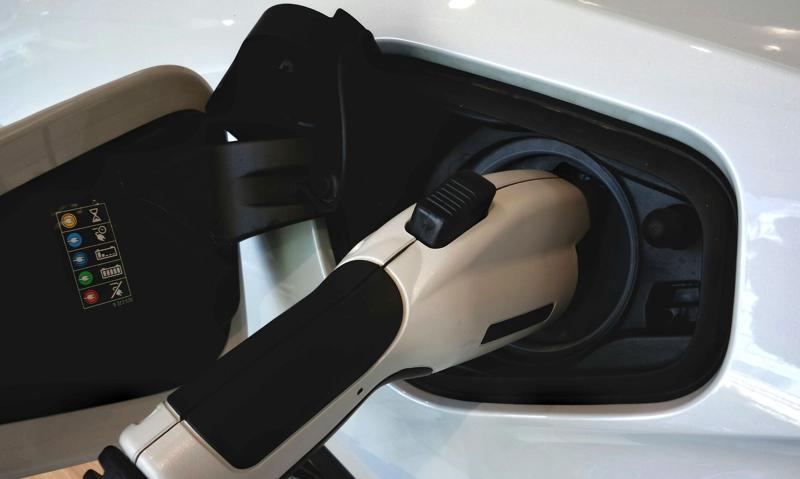Auto dealers, grappling with the challenges of stalled electric vehicle adoption rates, remain concerned despite President-elect Donald Trump’s pledge to reverse aggressive Biden-era EV mandates.
Early last year, Mickey Anderson, owner of Baxter Auto Group, spearheaded an effort that drew over 5,000 signatures from dealers across the country, calling on President Joe Biden to ‘slam the brakes’ on the mandates and help them slow the influx of EVs on their lots.
In total, three letters were sent to which there has been no response.
After the election in November, Anderson sent a letter to Trump congratulating him, and requesting he move quickly, “because the threat is closer than most people realize.”
Anderson told The Center Square that the Trump team has not responded to date, but they are hoping the voice of their customers will finally be heard.
The letter says that despite government and manufacturer subsidies, less than one in 10 customers are buying EVs for various reasons — and many are opposed to the government dictating what vehicle they can buy with their hard-earned money.
Anderson said the problem is that even if the federal mandate is reversed, states are adopting various levels of unrelated CARB regulations.
The California Air Resource Board, or CARB, has adopted a regulation that mandates one in three vehicles sold by this time next year be battery electric, climbing annually until 2035, when the sale of non-electric vehicles will be banned.
“They are not just dictating to California residents,” the letter says. The governors of 11 other states – New York, New Jersey, Massachusetts, New Mexico, Maryland, Vermont, Delaware, Rhode Island, Oregon, Colorado and Washington – “have given these bureaucrats the power to decide what kind of vehicle residents of their states can buy.”
CARB rules have been adopted by a total of 19 states to varying degrees.
The Pennsylvania Department of Environmental Protection adopted two CARB regulations regarding the emissions of light-duty vehicles into its Clean Vehicles Program.
Although states adopting the strictest policies are in the minority, Andersson stressed they represent 40% of the automobile market, and it will have “massive national impact.”
It will create a scarcity of internal combustion engine options over time, and then this “exogenous pressure that’s disconnected from consumer demand on the manufacturers to build those products,” he said. “It will influence their entire product portfolios in a negative way for the consumer.”
Anderson said industry voices, like the dealers he represents, believe customers should not be forced down a path “because of some parochial governments,” and they will continue to highlight the burdens these regulations place on the American consumer.
On a positive note, he said there are a growing number of great EV options available from almost every manufacturer, giving consumers expanded choices and more affordable options. In addition, he sees some growth in the charging infrastructure.
Still, he said, “There’s nothing we’re hearing from our customers that would lead us to make the reasonable conclusion that this is going to grow fast.”
Without a change to the CARB state rules, there is still a huge issue, said Anderson.
The letter says that on behalf of their customers, dealers wholeheartedly support Trump’s promise to give choice back to the American people. However, in addition to addressing the federal mandate, they ask him to take away “the power of 14 bureaucrats in California” to dictate the type of car or truck consumers can buy.
“Let the consumer decide and a free market reign,” it says. “Let the automobile manufacturers and dealers compete on the quality of their product and service to customers – as opposed to selling based on artificial mandates. This will lead to more choices and more affordable options. This is healthy for the auto industry, creating more investments and more jobs.”
In 2024, a partisan divide in Pennsylvania’s General Assembly stalled progress on EV and energy related issues, and it remains to be seen what impact the incoming Trump administration’s policies will have in the state.






